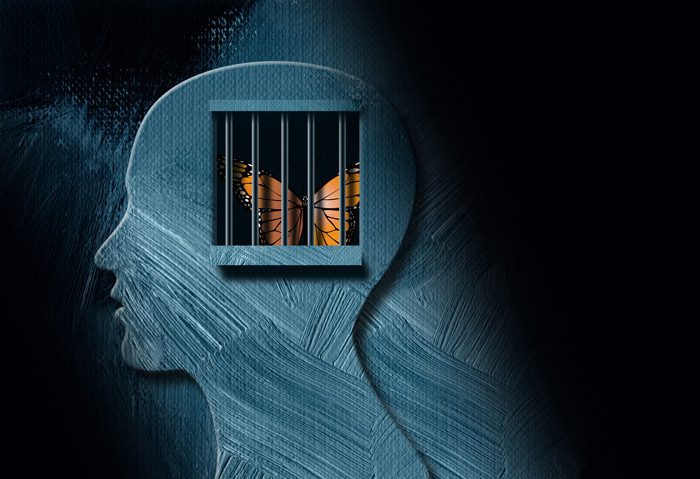By Sandy Baker
Trauma occurs when a person fears for their safety in a profound manner or experiences intense pain. It can occur when a person watches a violent act take place or experiences tragedy in their life. Often, trauma has the greatest effect in childhood when the brain is still growing and isn’t as capable of processing information properly.
Types of Trauma
Every person has a different threshold for managing negative experiences. For some people, watching another person suffer an injury is traumatic. Car accidents, sexual abuse, bullying, and domestic abuse are all examples of trauma. Some people experience trauma from a single incident, such as a natural disaster. Others experience trauma that builds up over years of living in an unstable home.
It does not matter what type of trauma a person experiences. Trauma changes them, leaving them vulnerable. Often, those who suffer trauma are at a higher risk of developing drug and alcohol abuse.
Unresolved Trauma Leads to PTSD
People who have suffered trauma may turn to substance use to deal with a mental health condition called post-traumatic stress disorder (PTSD). PTSD occurs when a person’s unresolved trauma revisits them in the form of nightmares, physical pain, negative emotions, or dissociative episodes. These symptoms can lead to depression, self-harm, and impulsiveness.
PTSD cannot be easily managed. Feeling desperate for relief, some people may use drugs or alcohol to mitigate symptoms. Of course, self-medicating using drugs or alcohol is very dangerous. Initially it may offer some relief from the negative thoughts and emotions. Most people, though, need to use more drugs and alcohol on a consistent basis to maintain that level of control.
Ultimately, PTSD will break through this type of self-medication. Unless a person deals with their trauma, the symptoms will worsen. In addition, substance use will likely worsen their health and lead to additional risks.
How to Overcome Trauma and Addiction
Once a person has both conditions, trauma and addiction, it becomes necessary to treat both conditions simultaneously. Treating just the substance addiction leaves a person vulnerable to relapse because of the underlying PTSD. Treating just the mental health disorder does not help a person to physically detox from substances and break through their dependence and tolerance.
In the case of a co-occurring disorder like trauma and addiction, treatment involves a personalized assessment and continuum of care plan. Evidence-based therapies may start with detox and progress to individual therapy, group therapy, and other types of therapies to help individuals work through their experiences.
Often, people do not know what it is that has created PTSD or they may not fully understand it. A therapist will work with a client to process their memories and help change negative thinking patterns that make them feel unsafe.
Group and individual counseling programs work well for those who have these co-occurring disorders. Such counseling may include sober living skills and how to avoid triggers.
Making the Decision to Get Help
Many people with past trauma do not want to admit that they are struggling. Their experience may be too painful to talk about, or they may feel embarrassed by it. They may think something is wrong with them for not being able to overcome the experience. Often, their perceived lack of control over their life may lead to depression.
You can help motivate yourself or someone else to seek professional help by acknowledging a few important points:
- Your drug and alcohol use will likely worsen without care.
- Breaking your dependence on substances will benefit your mental, emotional, and physical health.
- Getting help to resolve your trauma will provide you with peace of mind.
- Recovery makes it possible to rebuild relationships and create new ones.
- Trauma and PTSD are not your fault–treatment will help you overcome guilt and shame so you can live a life free from limitations.
Whatever Happened to You Does Not Have to Define Your Future
Using drugs and alcohol to deal with trauma is common, but it is not healthy. If you do nothing about it, your life may continue to feel like it’s out of your control. If you reach out for help and work with a trusted team of professionals, you can resolve the trauma and free yourself from addiction. Contact us today to learn more about our treatment programs and how you can begin your journey to well-being.








